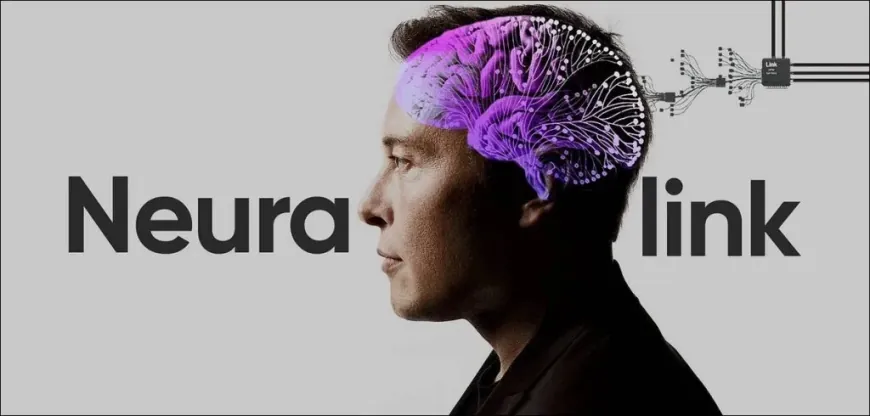Neuralink Raises $650M to Advance Brain Chip Tech After First Human Trials Success
Neuralink secures $650M funding to fast-track brain implant trials after first patient controls computer with thoughts.

Elon Musk’s brain-chip company Neuralink has raised $650 million in a new funding round, signaling strong investor confidence in the firm’s efforts to bring advanced brain-computer interface (BCI) technology into the mainstream.
The Series C round, confirmed on Monday, included a long list of high-profile backers such as ARK Invest, DFJ Growth, Founders Fund, G42, Human Capital, Lightspeed Venture Partners, Qatar Investment Authority, Sequoia Capital, Thrive Capital, Valor Equity Partners, and Vy Capital. The participation of both tech-focused venture firms and sovereign wealth funds highlights the growing strategic interest in neurotechnology.
Neuralink plans to use the capital to accelerate human clinical trials, grow its engineering and neuroscience teams, and build out production capacity for its brain implants, which are still in the early testing phase.
In a statement, the company emphasized that the funding will help it “bring our technology to more people—restoring independence for those with unmet medical needs and expanding what’s possible with direct brain interfaces.”
The implant, known as the “Link,” is a small, wireless device designed to be surgically placed inside the skull. It records neural activity and enables communication between the brain and external devices. Neuralink's initial focus is on patients with paralysis or severe spinal cord injuries.
The company recently made headlines after its first human patient successfully used the device to control a computer cursor and navigate digital platforms with just their thoughts. According to Neuralink, the individual was able to browse the internet, play video games, and post on social media without using their hands or voice.
The U.S. Food and Drug Administration recently granted Neuralink's device a “breakthrough” designation—a status that accelerates the review process for medical technologies that have the potential to offer significant advantages over existing options.
Despite criticism over its animal testing practices and ambitious timelines, Neuralink continues to draw attention as one of the most prominent players in the neurotech space. Its long-term vision goes far beyond treating medical conditions. Musk has previously outlined plans to use the technology as a bridge between human cognition and artificial intelligence, though those goals remain far on the horizon.
Neuralink is focusing on what it calls "practical, near-term applications"—enabling patients with severe mobility limitations to regain communication and digital access through thought-driven technology.
Neuralink’s recent progress — from its first patient using a brain implant to browse and communicate, to securing major investor support — signals the company is moving beyond bold ideas and into the realm of tangible, real-world application.
Also Read: Neuralink Successfully Implants Brain Device in Third Patient
































































